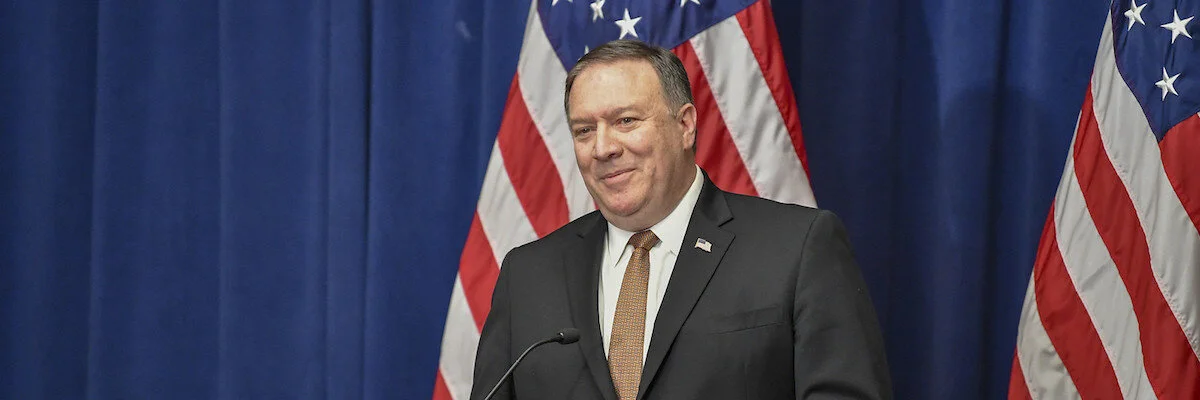Rouhani Urges Iran MPs to Cooperate as Parliament Opens
President Hassan Rouhani urged Iranian lawmakers to "cooperate" with his government in a speech on Wednesday during the inaugural session of the new parliament following a February election swept by conservatives.
The parliament, a legislative chamber that shapes debate in Iran, had been closed for six weeks until April 7 as part of measures aimed at curbing the spread of the novel coronavirus.
Iran has been hit by the Middle East's deadliest outbreak of the virus. Its toll stands at more than 7,500 dead and nearly 140,000 infected.
"I hope that in the year that remains for this government we will be able to cooperate and work together," Rouhani said in the address before the newly formed parliament, or Majles.
Iran held a legislative election on February 21 and is scheduled to hold a presidential poll in around 12 months.
The 11th legislature since the Islamic revolution of 1979 opened as the country's economy gradually returns to normal from the virus outbreak.
In a sign that the fight against the virus is still far from over, however, a seat was left vacant between each deputy.
But many of the elected representatives wore no masks.
Rouhani, who is in the final year of his second and final term, called on MPs, collectively and individually, to place the "national interest above special interests", "party interests" or "constituency interests".
The moderate president defended the performance of his government, which has faced criticism from its conservative and ultra-conservative opponents who now form a majority in the parliament.
'Olive Branch'
For many observers, the record abstention in February's elections reflected the people's disenchantment with broken promises.
Less than 43 percent of voters cast ballots in the election, according to official results.
Voters stayed away after the Guardian Council, a watchdog dominated by ultra-conservatives, disqualified many moderate and reformist candidates from the February 21 election.
The signing of an international agreement on Iran's nuclear programme in 2015 had raised hopes for a bright economic future and an opening up of the country to the world after years of isolation.
But these hopes were dashed before being totally buried in 2018 when US President Donald Trump withdrew from the accord and began reimposing sanctions on Iran.
In his speech, Rouhani again denounced what he called the "psychological war" and "economic and medical terrorism" that he said the United States was waging against his country.
But he said the Iranian nation had stood up against "the enemy" and that its resistance had won.
The president praised his government's performance in dealing with the coronavirus outbreak as a source of "great pride", adding that Iran was "among the countries that have succeeded".
Fereshteh Sadeghi, a political journalist in Tehran, expressed doubt that the new parliament would cooperate with Rouhani's government.
"Rouhani again offers olive branch to new parliament, saying he doesn't seek confrontation but friendship," she tweeted in English.
"He knows these rivals can't be controlled as Ali Larijani did it for him in the past 7 years. God helps him!" she said, referring to the outgoing parliament speaker.
Photo: IRNA




